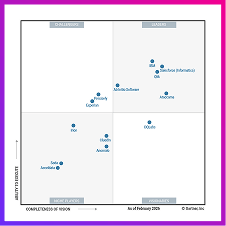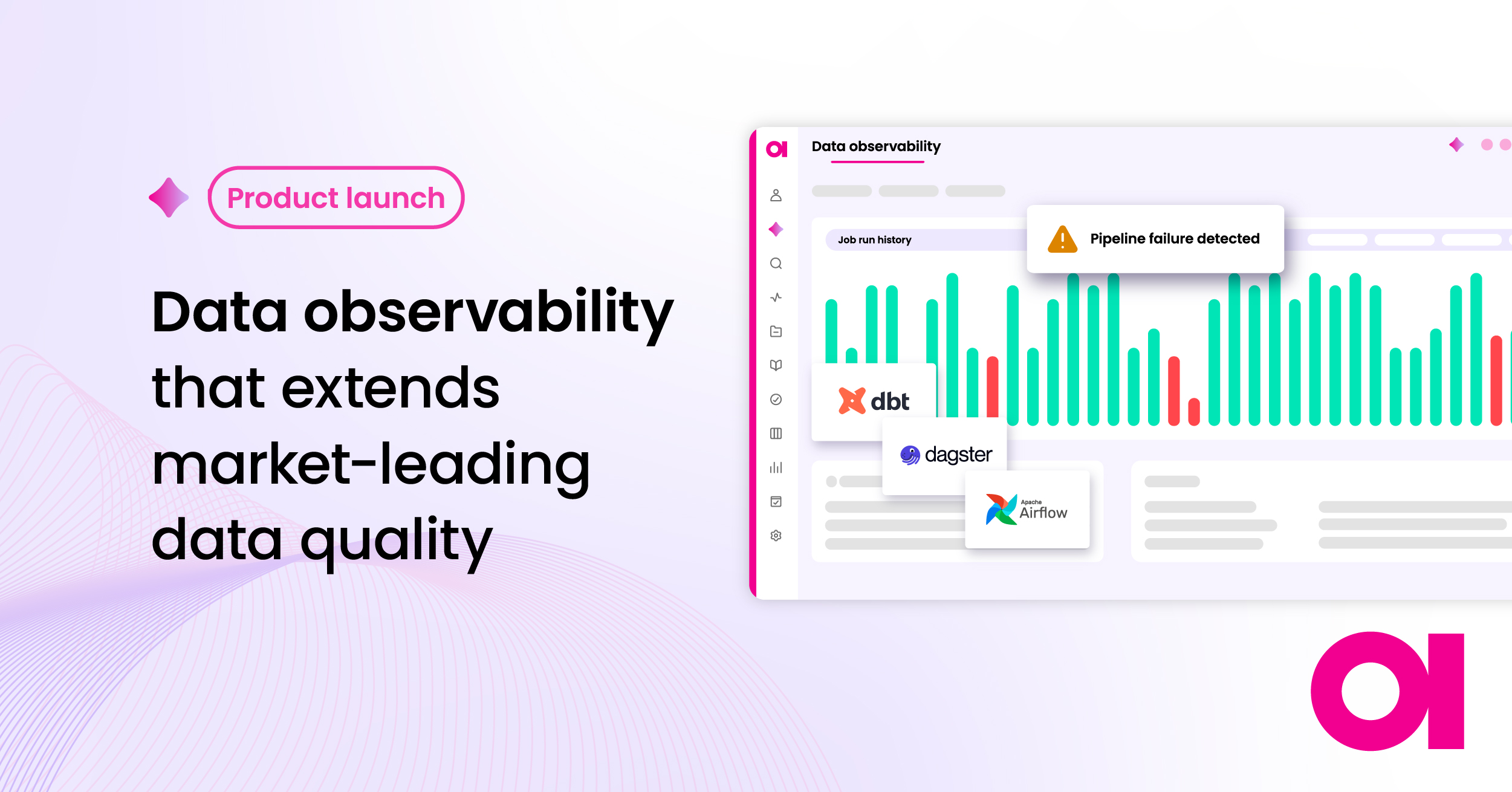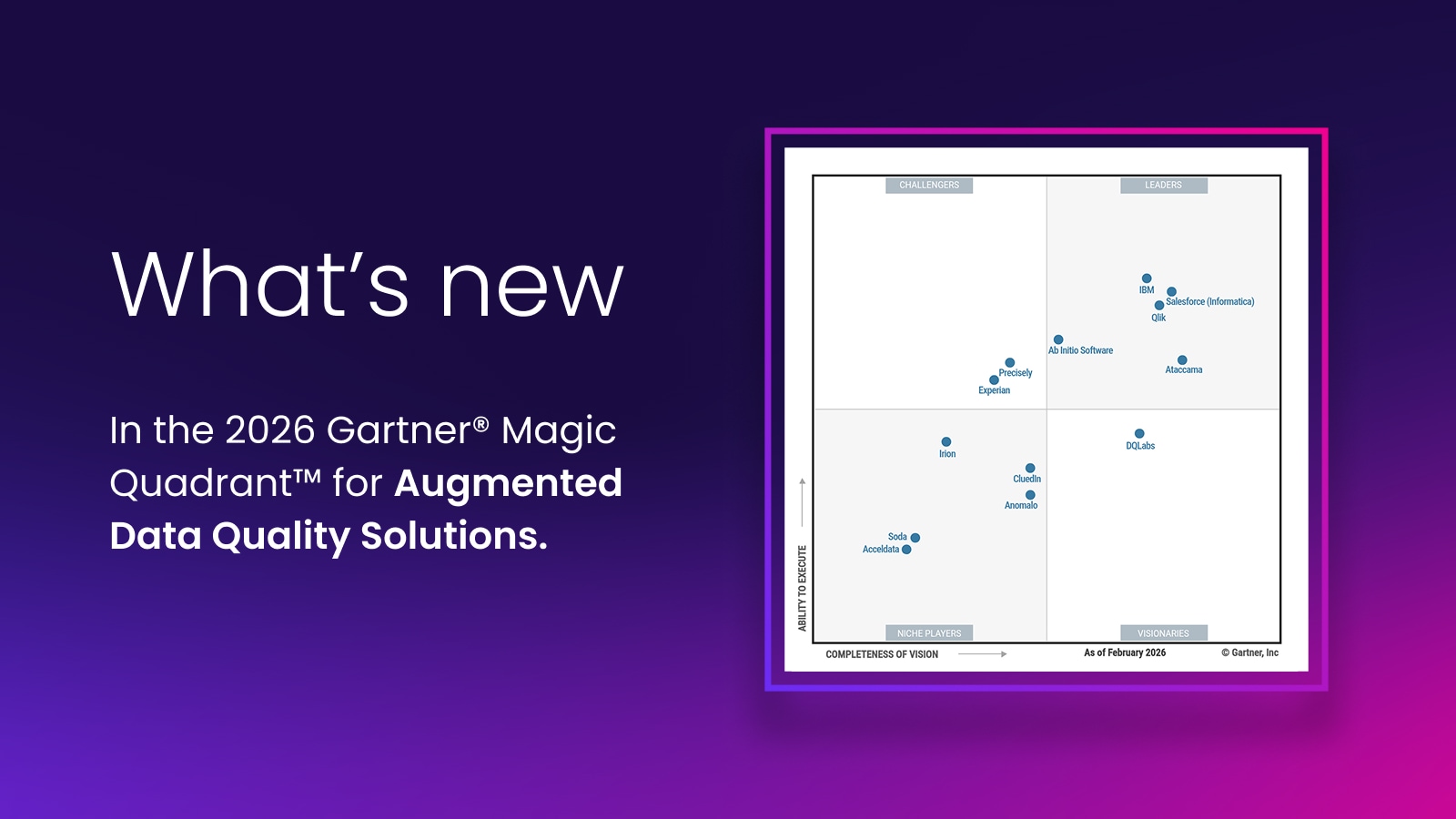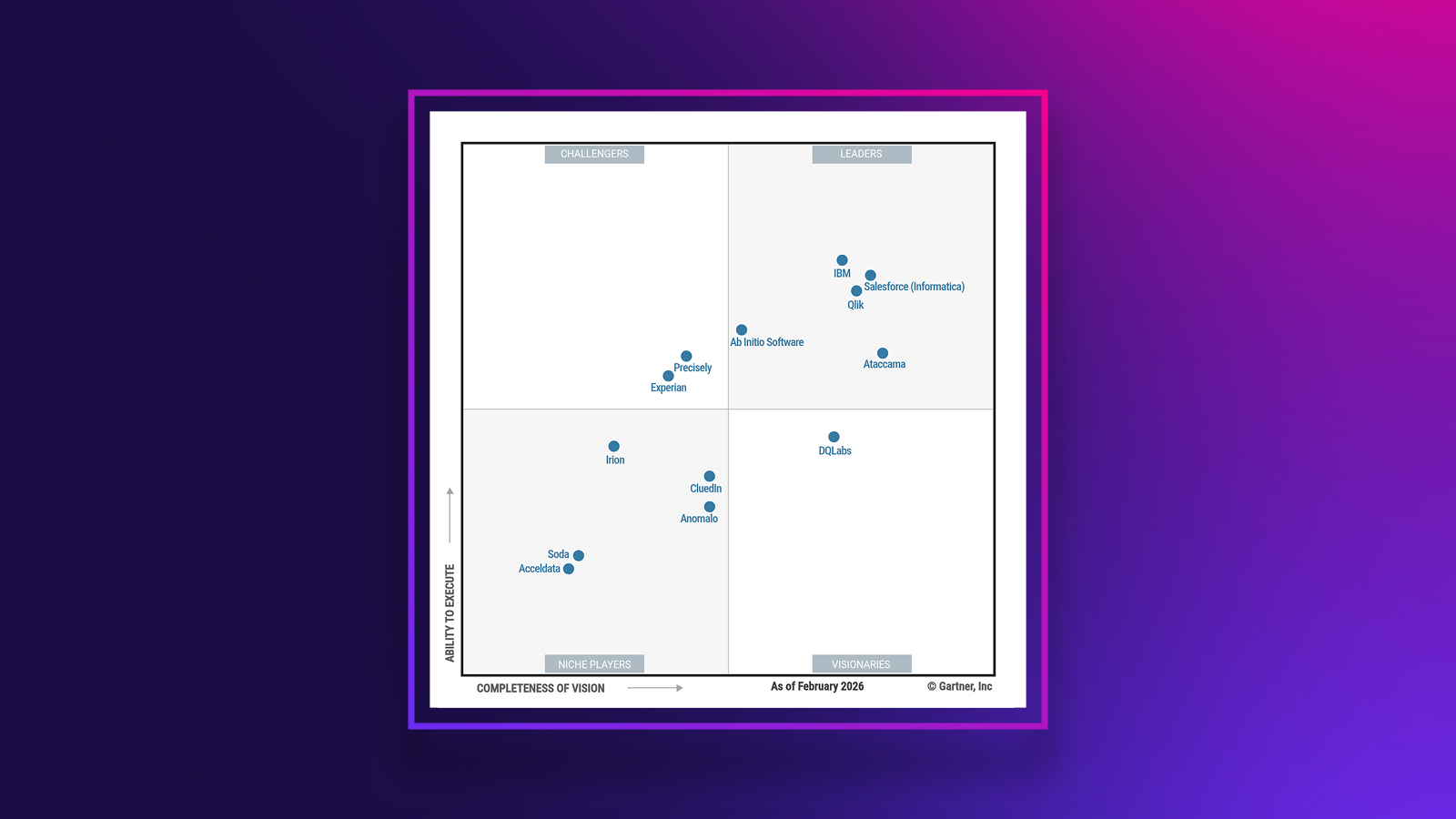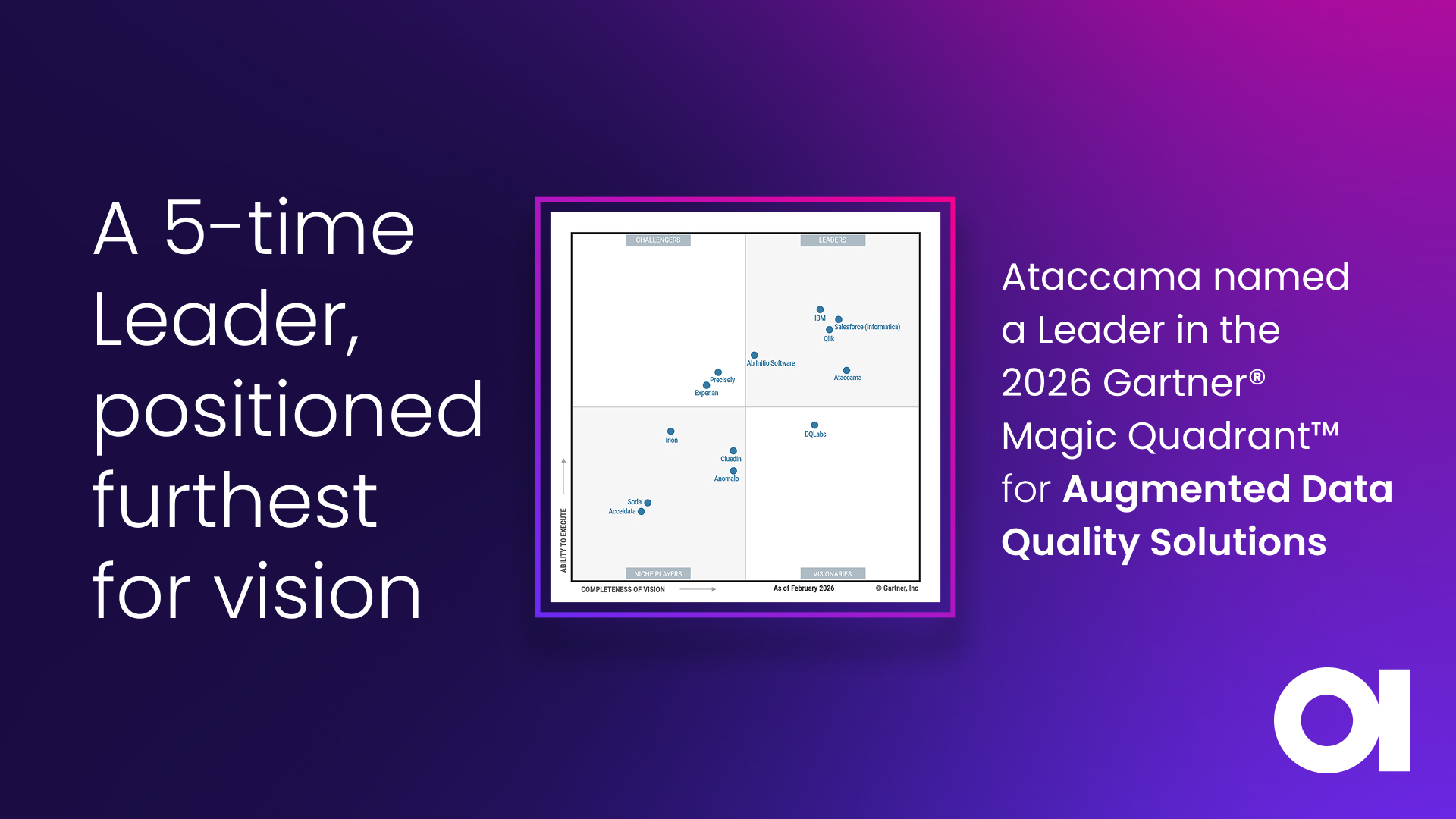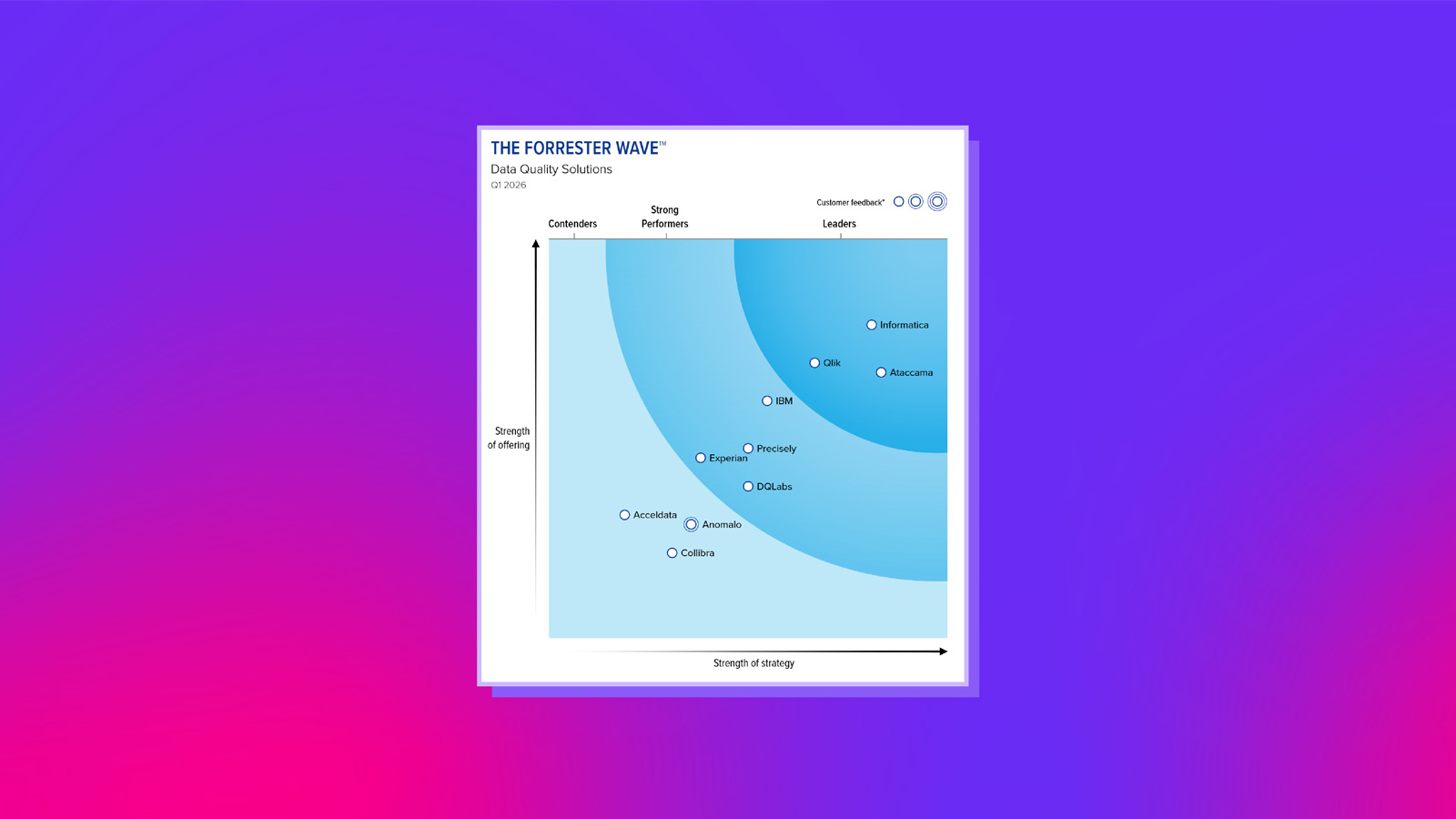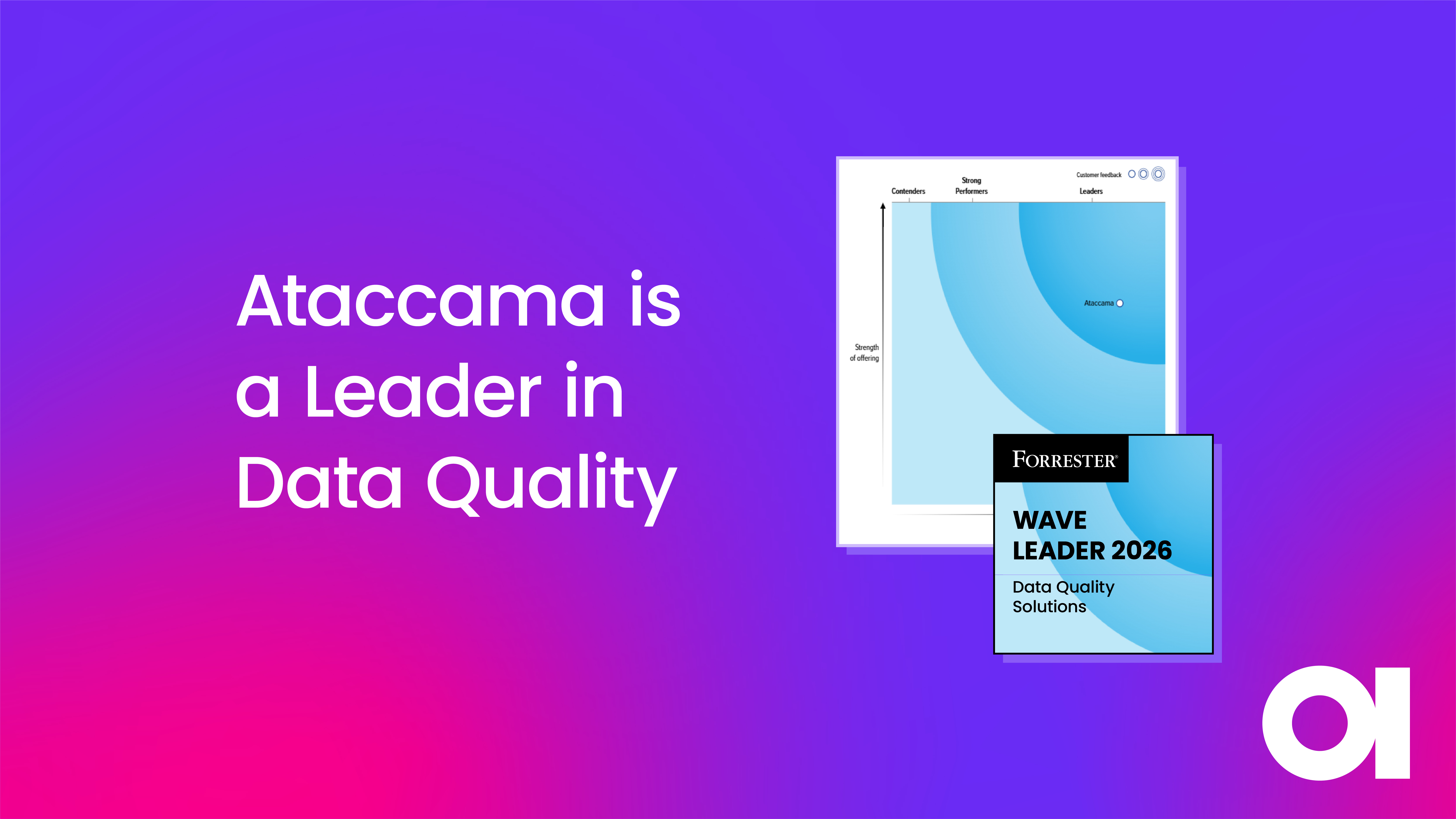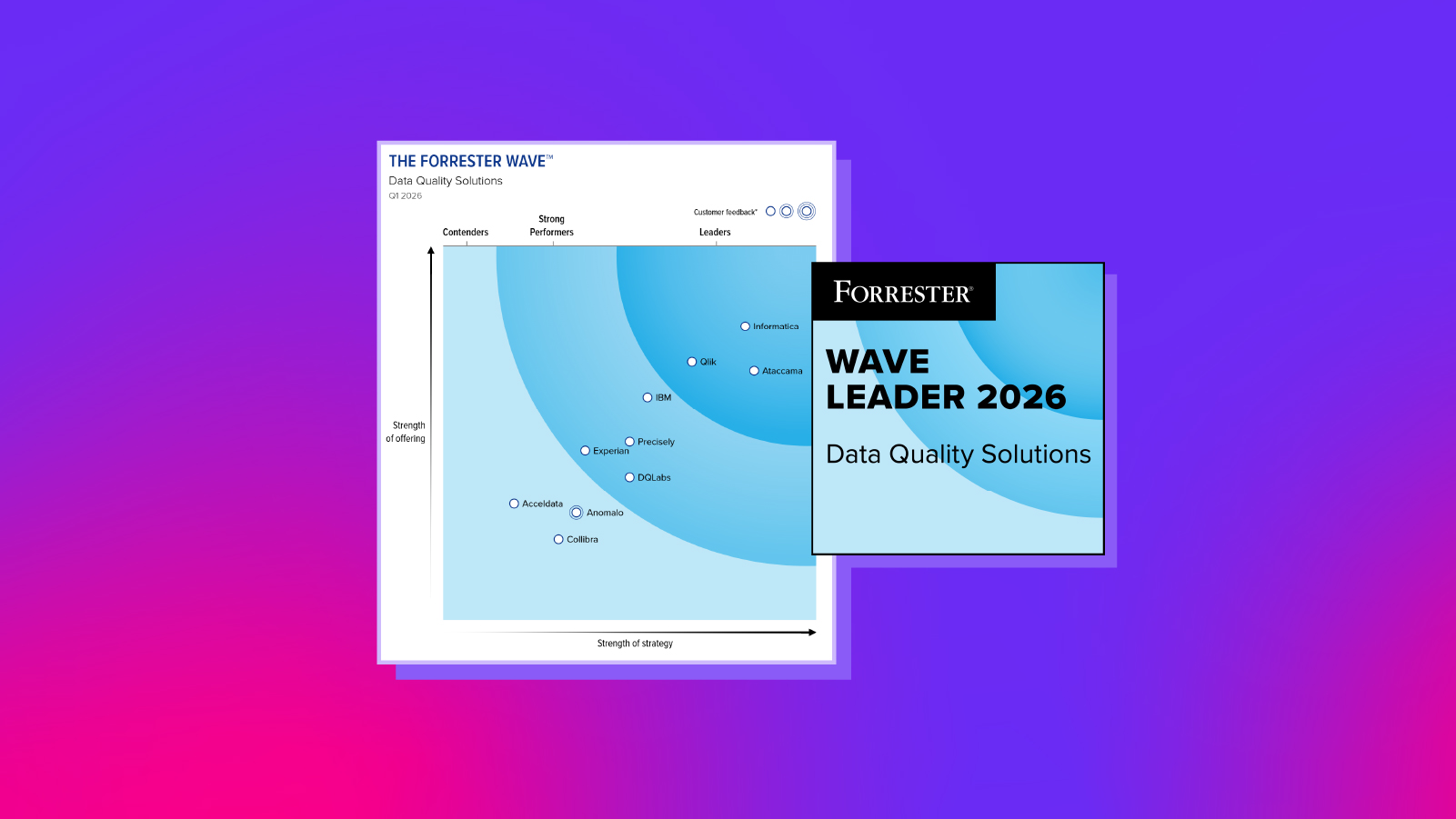Your guide to the FWRD 2025 agenda: Can’t-miss sessions for every data leader
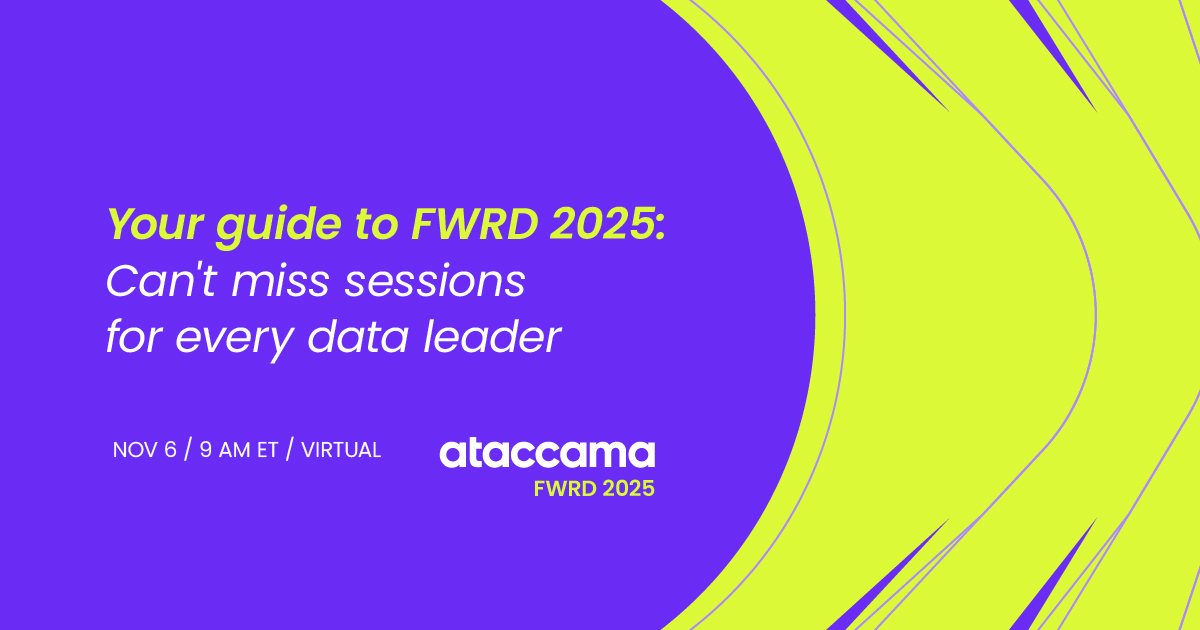
For years, data leaders have been building toward this moment. AI has finally moved from the edges of experimentation into the core of business operations. But as enterprises scale their ambitions, one truth keeps resurfacing: no matter how intelligent the system, it is only as good as the data, and the trust, behind it.
FWRD 2025 was designed around that reality. This year’s agenda is built on a single throughline: how agentic AI and data trust are converging to define the next era of enterprise leadership. Over the course of a half day, CDOs, technologists, and innovators will share how they’re weaving automation, governance, and human oversight into one continuous fabric of intelligence. The result is a program that’s less about technology itself, and more about what it means to lead when machines can now act on your behalf.
Where AI meets accountability
The executive sessions set the tone. They tackle the question every CDO is quietly asking: How do you turn AI into real business value without losing control?
Andrew Foster, Chief Data Officer at M&T Bank, and Parth Patwari, who leads Deloitte’s US Data and AI Practice, will open the track with a candid look at what separates successful AI programs from stalled ones. Their conversation focuses on focus itself, how the most effective leaders align AI initiatives to measurable outcomes like efficiency, growth, and risk reduction, rather than chasing trends.
Later, Ataccama’s Field CDO, Larry Hunt, joins Tiger Analytics’ Sam Ramachandran to explore new operating models that are replacing the old playbook. They’ll unpack how federated domain structures let teams scale data as a product while embedding governance directly into workflows, a shift that makes accountability scalable, not burdensome.
And in one of the year’s most anticipated sessions, Thermo Fisher’s Krishna Cheriath and Pete Youngs from Ortecha will share how they built a trusted customer 360 to drive personalization and retention at scale. For them, data trust isn’t a compliance exercise; it’s a growth strategy.
Together, these sessions form a clear message: the next wave of AI transformation won’t be led by model architectures, but by the leaders who know how to balance autonomy with assurance.
The real stories behind transformation
If the executive track sets the strategy, the customer sessions bring it to life. These are the field stories, the lessons learned from scaling data programs in complex, imperfect environments.
Mo Dodge, Ataccama’s Best Practices Lead, opens the track with findings from hundreds of organizations that have taken the Ataccama Data Trust Assessment. He’ll reveal how maturity develops over time, where most programs stumble, and what differentiates the few that sustain momentum.
Rebecca Lane follows with a practical exploration of data products, what they actually look like in the wild and how organizations are using them to close the gap between business demand and technical delivery. Her perspective cuts through the buzz, showing that data products only succeed when they’re built on a foundation of quality and shared ownership.
From there, Jason Wright of T-Mobile will discuss how his team modernized regulatory reporting, turning what was once a bottleneck into a real-time advantage. His story is a reminder that trust in data isn’t a checkbox, it’s an operational necessity.
The track culminates in a panel moderated by Lee Edney, featuring leaders from BCBS North Carolina, Coller Capital, and others. Their discussion, Lessons from the Front Lines of Data Transformation, promises to be one of the most honest hours of the event: what they’d do differently, where the industry still struggles, and what progress really looks like inside large, messy organizations.
Making trust tangible
The product sessions turn that philosophy into practice. In a live demo, Martin Zahumensky and Jessie Smith will walk through the new generation of the Ataccama ONE platform, showing how automation and intelligent agents are redefining what “hands-off” actually means for data teams.
Chief Product Officer Jay Limburn will then join Atlan CEO Prukalpa Sankar to explore how context and quality, metadata and trusted data, are the twin foundations for reliable enterprise AI. Their joint session brings the broader message home that agentic systems can only be as trustworthy as the information they learn from.
And in a technical deep dive, Petr Zacek will introduce Ataccama’s new Reference Data solution, a deceptively simple capability that keeps entire ecosystems aligned. It’s a glimpse into how small acts of automation, multiplied across an enterprise, can transform the way trust is built and maintained.
Redefining what means to lead
Across every track, one theme runs through FWRD 2025: the future of AI leadership is less about commanding systems and more about enabling them responsibly. As organizations evolve from rule-based automation to agentic collaboration, the role of the data leader is expanding, from steward to strategist, from controller to conductor.
The day will close with a keynote from Cassie Kozyrkov, former Chief Decision Scientist at Google, who will explore the human side of this shift: how leaders can build confidence in decision-making when AI becomes both an advisor and an actor.
FWRD 2025 is a moment to pause, recalibrate, and see where trust, intelligence, and leadership intersect.
Join the global community of data leaders moving forward together. Register today for FWRD 2025 and see how trusted data becomes the foundation for the agentic enterprise.
Lauren Ruth
Lauren is the Director of Global Communications at Ataccama. With over a decade in the data industry, she specializes in strategic communications and has helped fast-growth startups define and amplify their data stories. She previously led communications at Alation and Informa Markets and holds a dual B.S. in Business and Communication, with a specialization in Technology, from Cornell University.
